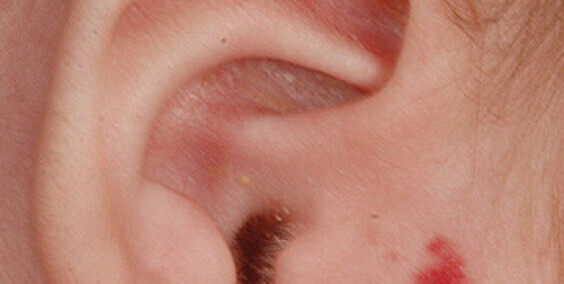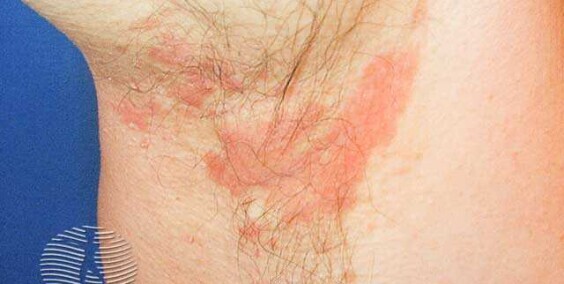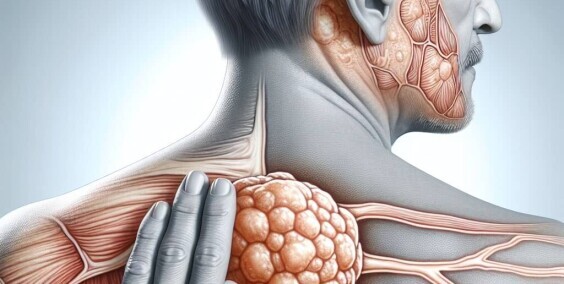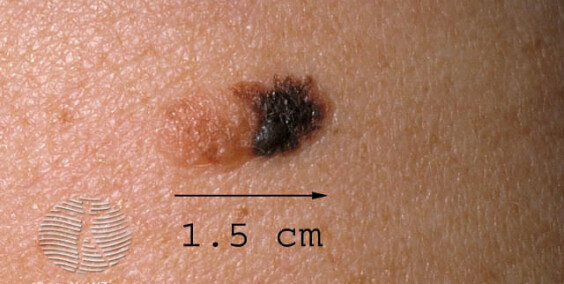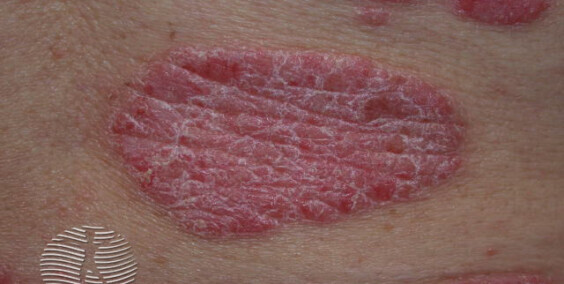Scalp psoriasis can add an extra layer of complexity to the challenges of dealing with psoriasis. In this article, we'll explore the intricacies of scalp psoriasis, shedding light on its causes, symptoms, and available treatment options.
Understanding Scalp Psoriasis
Causes:
The exact cause of scalp psoriasis isn't entirely clear, but it's linked to the same genetic and immune system factors as other forms of psoriasis. Certain genetic mutations and an overactive immune response are believed to contribute to its development.
Symptoms:
Scalp psoriasis typically presents as red, itchy patches on the scalp. These patches can be covered with silvery-white scales and may extend beyond the hairline onto the forehead, neck, and behind the ears. It's not uncommon for individuals with scalp psoriasis to experience discomfort and a feeling of tightness in the affected areas.
Signs of Scalp Psoriasis
Psoriasis on Other Areas:
Scalp psoriasis often coexists with psoriasis on other parts of the body, such as the elbows, knees, or torso. Understanding this interconnectedness can aid in comprehensive management.
Scalp Psoriasis Treatment:
Desoximetasone 0.25% topical spray was studied for treating scalp psoriasis. Applied twice daily for 4 weeks, it rapidly improved lesion clearance, reducing scalp Investigator’s Global Assessment (IGA) by 65% and Psoriasis Scalp Severity Index (PSSI) by 82.4%. Maintenance at twice weekly sustained reductions of 50% (IGA) and 62.5% (PSSI) from baseline over an additional 12 weeks. Common side effects were scalp burning and itching [12]. The treatment shows promise for short-term or maintenance scalp therapy.
Source: Link to Source Data
Managing Scalp Psoriasis
Medicated Shampoos:
Specialized shampoos containing ingredients like coal tar, salicylic acid, or ketoconazole can help manage scalp psoriasis symptoms. Regular use can reduce scaling and itching.
Topical Treatments:
Corticosteroid creams or ointments may be prescribed to apply directly to the scalp. These can help reduce inflammation and control symptoms.
Lifestyle Adjustments
Maintaining a healthy scalp involves gentle care. Avoiding harsh hair treatments, minimizing scratching, and managing stress can contribute to scalp health.
When to Seek Medical Advice
While mild cases of scalp psoriasis can often be managed with over-the-counter treatments, it's crucial to seek medical advice if:
- Symptoms persist or worsen.
- There are signs of infection (such as redness, swelling, or pus).
- Discomfort interferes with daily activities.
Scalp psoriasis can be challenging, but understanding its causes, symptoms, and treatment options is a crucial step toward effective management. Regular care and attention to your scalp's health, along with appropriate medical guidance, can make a significant difference. Stay informed, and explore related articles on different types of psoriasis for a comprehensive understanding of this complex condition.


